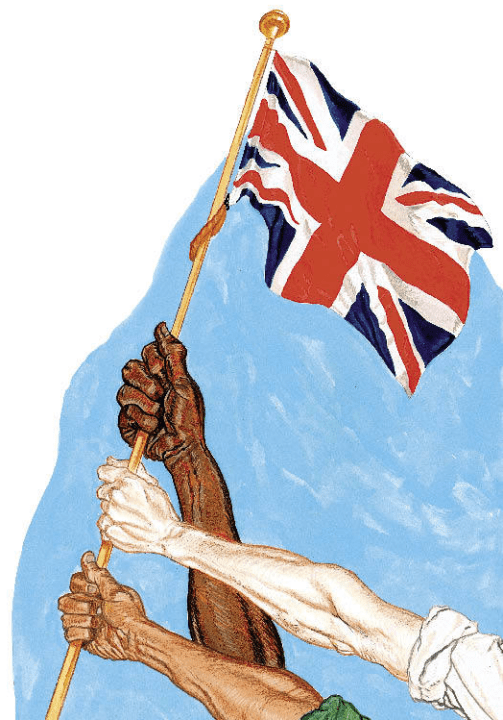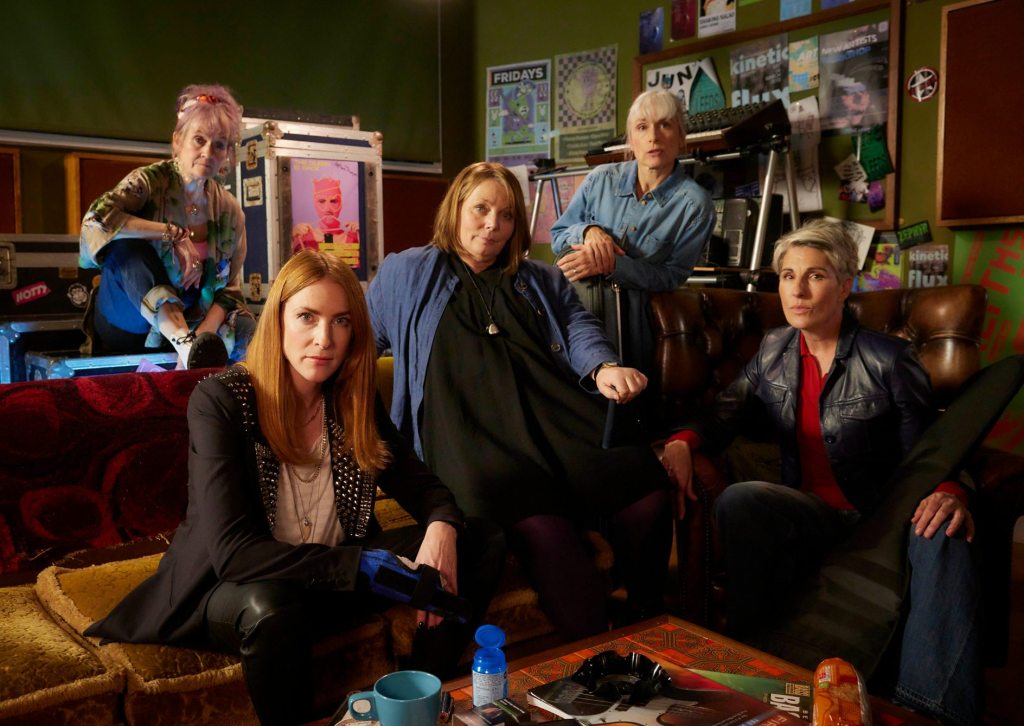It’s an ominous time for a state-of-the-nation conference. Each week, the shores we defended against Hitler, Napoleon and the Spanish Armada are breached by hundreds of foreign men, while asylum seekers make up ‘a significant proportion’ of those currently being investigated for the grooming of British children. Earlier this month, there were days of violent anti-immigration riots in Ballymena. The five Gaza independents elected last year marked the grim rise of electoral sectarianism in the UK, a trend that is only set to accelerate. Academics and government insiders, despairing at the state of Britain, fret about looming civil war along ethnic lines.
‘Now and England’, a one-day conference hosted by the Roger Scruton Legacy Foundation this week in Westminster, was billed as ‘exploring nation, culture, and identity in a time of change and renewal’. In truth, ‘a time of decline and crisis’ would probably have been more apposite.
At the root of each issue lies mass, unasked for immigration and the resultant demographic change. The figures are bleak. On current trends, white British are expected to be a minority in Britain by 2063, according to a recent study by Prof Matt Goodwin; the figure is even sooner for England. The Centre for Migration Control forecasts that if nothing changes, by 2035, one quarter of the population will be foreign-born, with one third of the of the population a first- or second-generation migrant. Fewer than one in four children in Greater London’s schools are white British.
To the predominantly younger right-wingers in attendance, along with the country, such trends are deeply alarming. Yet do political leaders on the right feel the same way? When Reform’s Richard Tice was pressed on Goodwin’s demographics projections recently on GB News, for instance, he scarcely seemed bothered. The question of the conference, then, was just how seriously it would take these issues. What is England without the English?
Robert Jenrick gave it his best shot with the opening keynote. ‘Mass immigration lies at the root of… so many of our problems’, he said. Reckless border policies, his own party’s included, had eroded our ‘sense of home’. He reiterated calls for a legally binding cap on immigration and ECHR reform. It wasn’t nothing, but a stump speech was hardly going to break the Overton window.
Next came a worthwhile panel on cultural renewal, before the second keynote by Dr James Orr, Cambridge academic and Nat Con grandee. ‘England is slipping away’, he warned gravely, and the cause was ‘hyper-liberalism’. It was a philosopher’s way of saying that we had recklessly imported millions of foreigners in the vain pursuit of GDP growth. But it was notable that even this conservative luminary seemed to be dancing around the issue somewhat.
It was on the final panel, ‘England’s Past and England’s future’ that things came to a head. Danny Kruger MP spoke of Bede, the common law, and the importance of homogeneity, but it all remained rather abstract. Apparently, what we needed was a ‘violent rebellion against encroaching ideas’ and to ‘tame the technium’. A leading light of the class of 2019, Kruger seemed to have forgotten why his party was turfed out with such disgust at the last election. Robert Tombs spoke about historical memory. Rupert Lowe MP ranged widely on statism, Blair’s constitutional revolution, the rape gangs and free speech, but demographic change didn’t feature. We had all been waiting to hear from Thomas Skinner, the former Apprentice star and small business owner known for cheerily belting out ‘Bosh!’ on social media and seemingly eyeing a tilt at the London mayoralty (he wouldn’t be drawn). But if he had any concerns about immigration and cultural change he never made them explicit, instead preferring populist bromides (‘England is about the people’).
All of which meant that by the Q&A, the young audience had grown restive. Up stepped one mid-20s professional to speak for England. He noted that while Kruger had spoken of greater localism – ‘watching the barley grow’ from his Wiltshire idyll – this was hardly much of a solution when demographic change has already rendered some English councils corrupt tribal fiefdoms. Being from Rotherham, he said, he would know. ‘So my question is, if we reach a juncture where democracy becomes a zero-sum game between different ethnic and religious blocs, what feasible future is there for it?’ It was like a dam breaking: suddenly, thunderous applause and whoops filled the 200-seat lecture theatre, the loudest we had heard all day. (Later, several people went to congratulate him.)
Skinner seemed uncomfortable, while Lowe was making notes. Piling on the pressure, there followed the voice of Carl Benjamin of the Lotus Eaters, noting how the central question of demographics had loomed over the whole conference largely unsaid. He then went after Danny Kruger for a remark in his speech that ‘anyone can become English’, also drawing applause.
The panel tried to answer, but it was clear they were on uncomfortable territory. ‘I detect a very strong desire for action to restore the basis of our polity lest we lose it altogether’, noted Kruger, gingerly. Rupert Lowe offered simply that people who come to Britain ought to speak English and pay their taxes; Skinner had gone out for a phone call.
Tombs at least volunteered that we should ban postal voting and cousin marriage. But in his view, the best approach would be to ‘clone Katharine Birbalsingh’, the headmistress of the ultra-diverse and disciplinarian Michaela School in West London. If you’ve seen ‘little girls with headscarves on reciting Kipling and singing the national anthem’ he said, ‘you think becoming English is quite possible if you want to do it, and if you’re encouraged to do it and indeed required to do it’. Tombs then argued that being English was something that ‘we all learn’.
This is the nub of the issue: the largely generational divide that is becoming increasingly visible on the British right. There are many who prefer to ignore ethnicity, ancestry and demographics on the grounds that such topics are both immaterial and icky; there are even some who insist, against all the available evidence, that multiculturalism has been a success. On the other hand there are those who are unapologetic about believing that the English are an ethnic group, that England is our home, and that the more diverse our society becomes, the less happy it will be.
Such sentiments would have been common sense to most people throughout human history. It is ordinary and natural to identify with one’s ethnic group. It is also ordinary and natural for a people to understand itself as a people. Yet for the past 60 years, as woke moral guardrails have expanded throughout our culture, such sentiments have been rendered deeply taboo. If that taboo is now being broken, it is not before time.







Comments